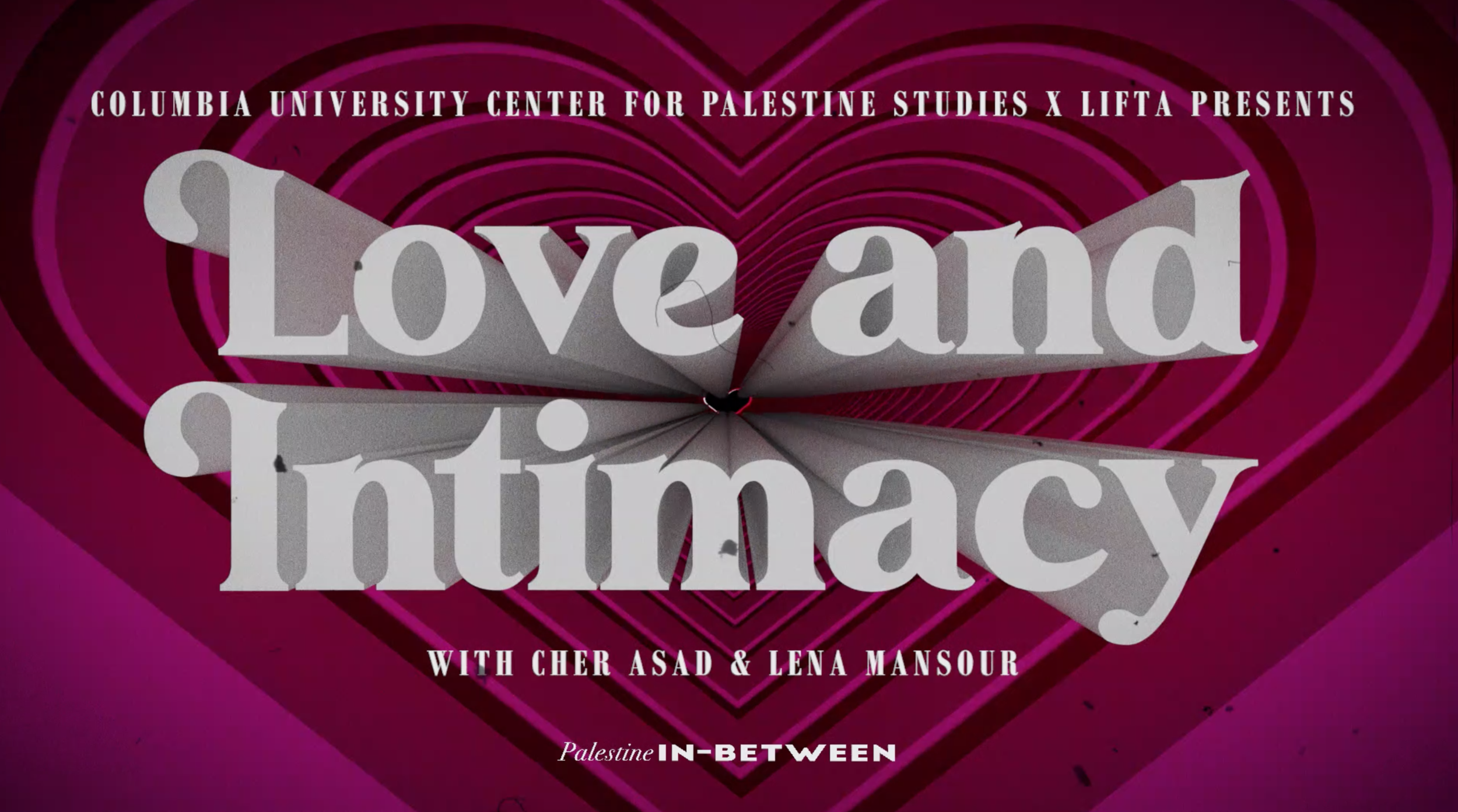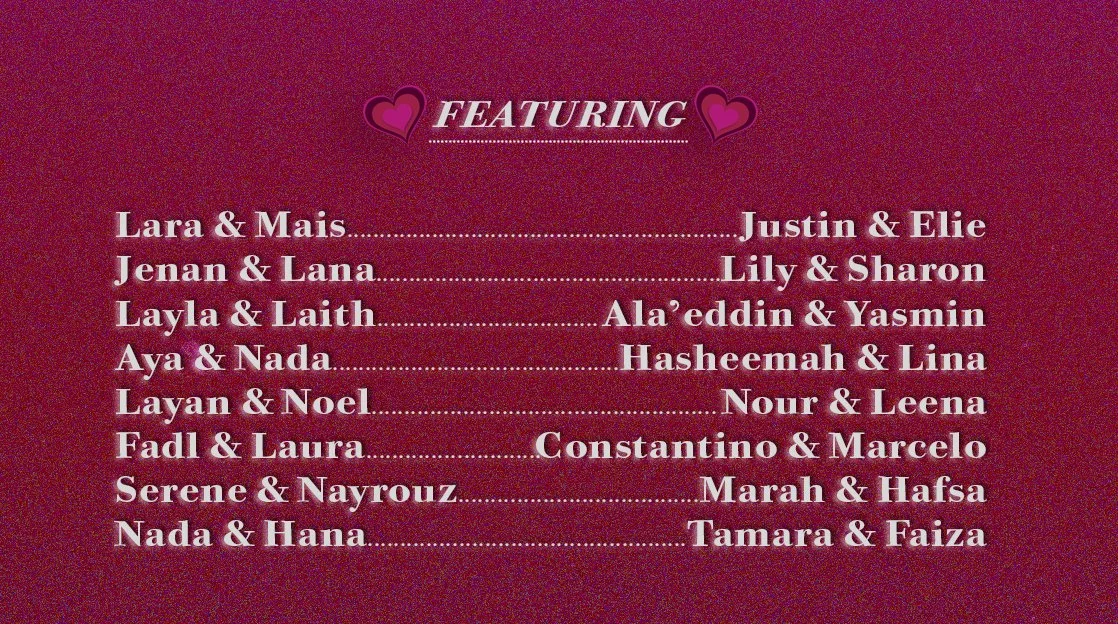Palestine/Israel, Visual Culture, And the World To Come: A Conversation Between Gil Hochberg and Shirly Bahar, Moderated by Helga Tawil Souri
Wednesday
16 February 2022
12:30 PM NY
This event celebrates the recent publications of Gil Hochberg’s Becoming Palestine: Toward an Archival Imagination of the Future, and Shirly Bahar’s Documentary Cinema in Israel/Palestine: Performance, the Body, the Home. Join the authors and moderator Helga Tawil Souri for a conversation and a visual show and tell of some of the artwork explored in the books, followed by a Q & A. Hochberg’s study of contemporary Palestinian art, and Bahar’s study of Palestinian and Mizrahi documentaries from the early 2000s, demonstrate the crucial role that visual culture has been playing in the past 20 years in weaving potential futures beyond the current dominance of Zionism in Palestine/Israel. What intellectual, creative, and liberatory possibilities emerge from the study of visual culture about the past, ongoing, and present histories of Palestine/Israel? How do visual artwork queer temporalities to resist dominant narratives and conventional archiving towards a vision of Palestinian return? And what can we learn about solidarity with the struggle for Palestinian freedom from immersing ourselves in visual work by and about the people who embody the everyday making and becoming of Palestine?
This event is organized by the Hagop Kevorkian Center at NYU and co-sponsored by the Center for Media, Culture, and History at NYU. It is free and open to the public, but registration is required.
Panelists
Gil Z. Hochberg is Ransford Professor of Hebrew and Visual Studies, Comparative Literature, and Middle East Studies at Columbia University and author of Visual Occupations: Violence and Visibility in a Conflict Zone, also published by Duke University Press (2015), and In Spite of Partition: Jews, Arabs, and the Limits of Separatist Imagination, published by Princeton University press (2007).
Shirly Bahar teaches at Columbia University’s School of Visual Arts. Shirly’s writing and curatorial work explores the relationships between representation, politics, and the body. Shirly has published articles about film, performance art, literature, gender and queer representation from Israel/Palestine, Turkey, and the US. Since 2013, Shirly has been curating art shows, public programs, and community events in NYC and across the US. Shirly serves as co-director of Tzedek Lab, a network of practitioners and organizers in the Jewish world, and is a member leader of JVP-NY. Shirly’s first book, Documentary Cinema in Israel-Palestine: Performance, the Body, the Home came out in July 2021with Bloomsbury/IB Tauris.
Helga Tawil-Souri is an Associate Professor of Media, Culture, and Communication; Associate Professor of Middle East and Islamic Studies; Director of Graduate Studies at Media, Culture, and Communication at NYU. Helga works on issues to do with technology, media, culture, territory and politics in the Middle East, with a particular focus on Palestine-Israel. Her work seeks to challenge the notion of an open and borderless world by looking at how technologies and their infrastructures -- such as cell phones and the internet -- impose new forms of borders and controls and work in explicitly territorial and political ways.




